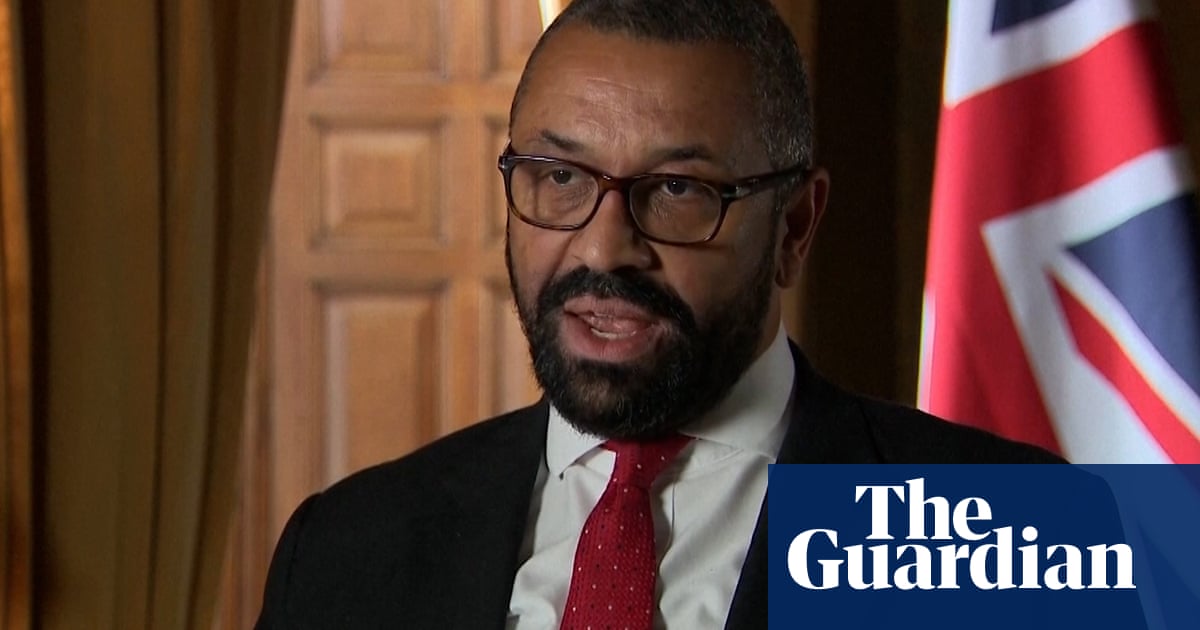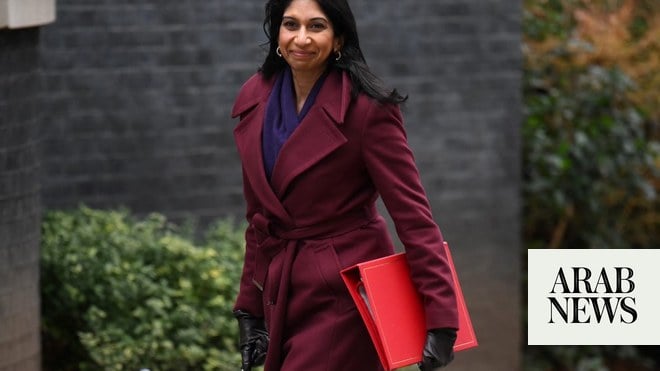
UK government funding for Mandarin teaching at branches of the Chinese state-linked Confucius Institute is to be axed, but they will not be closed, as Rishi Sunak promised last year.
The step is expected to be announced by James Cleverly, the foreign secretary, on Tuesday and comes as research shows that a secretive visa scheme has been used to fast-track Chinese government-vetted staff to come to the UK to promote Chinese Communist party (CCP) values at the institutes.
There are 30 branches of the Confucius Institute, which teaches Chinese language and culture, attached to universities across the UK.
A report by the charity UK-China Transparency found that Chinese people applying to teach at the institutes were vetted by the Chinese government for their political characteristics, ethnicity and ability to comply with CCP guidelines for foreign affairs.
Those guidelines require staff to enforce CCP values, leading to claims that universities are in breach of legal responsibilities to protect their students from harassment.
Freedom of information requests show that the Home Office believes Confucius staff are subject to UK employment law, but in a survey, UK universities said they were not the employer of the staff at the institutes.
The UK prime minister promised to close the Confucius Institutes in the UK during his first bid to be leader of the Conservative party, but has so far failed to do so. It is expected that Cleverly will on Tuesday announce an end to the £27m UK government funding for Mandarin teaching at the institutes, a step that stops short of their closure.
Universities are wary of sticking their necks out and unilaterally closing their own institutes, because it might jeopardise broader research collaboration and student flows from China.
The report by UK-China Transparency shows the Home Office launched a new kind of tier 5 (temporary worker – government authorised exchange) visa route in 2014, known as the overseas government language programme visa scheme, but this is only used for the China-UK Mandarin teachers’ scheme.
A cross-party group of MPs including Sir Chris Bryant, Layla Moran, Sir Iain Duncan Smith and James Bethell demanded an investigation into the group’s findings. They said the UK could find a way to increase knowledge of Chinese language and culture without unwittingly supporting Beijing’s overseas repression.
Cleverly will use his speech on Tuesday to say a cold war with China would be a betrayal of the security interests of the UK. He will insist that the UK must engage with China on issues like the climate emergency and health.
He is expected to say the UK will be unflinchingly realistic about China’s authoritarianism, standing up for British values and being clear about the UK’s right to act when Beijing breaks its international obligations or abuses human rights.
He will claim: “No significant global problem – from climate change to pandemic prevention, from economic stability to nuclear proliferation – can be solved without China. To give up on China would be to give up on addressing humanity’s biggest problems.
“It would be clear and easy – perhaps even satisfying – for me to declare a new cold war and say that our goal is to isolate China. Clear, easy, satisfying – and wrong. Because it would be a betrayal of our national interest and a wilful misunderstanding of the modern world.”
He will also reject any attempts to describe a country of China’s scale and complexity in one word or phrase, for example “threat”, “partner” or “adversary”. He is expected to visit China himself at some point this year.
On Taiwan and Chinese military ambitions, he will say: “At this moment, China is carrying out the biggest military buildup in peacetime history.
“The UK and our allies are prepared to be open about our presence in the Indo-Pacific. I urge China to be equally open about the doctrine and intent behind its military expansion, because transparency is surely in everyone’s interests and secrecy can only increase the risk of tragic miscalculation.”












